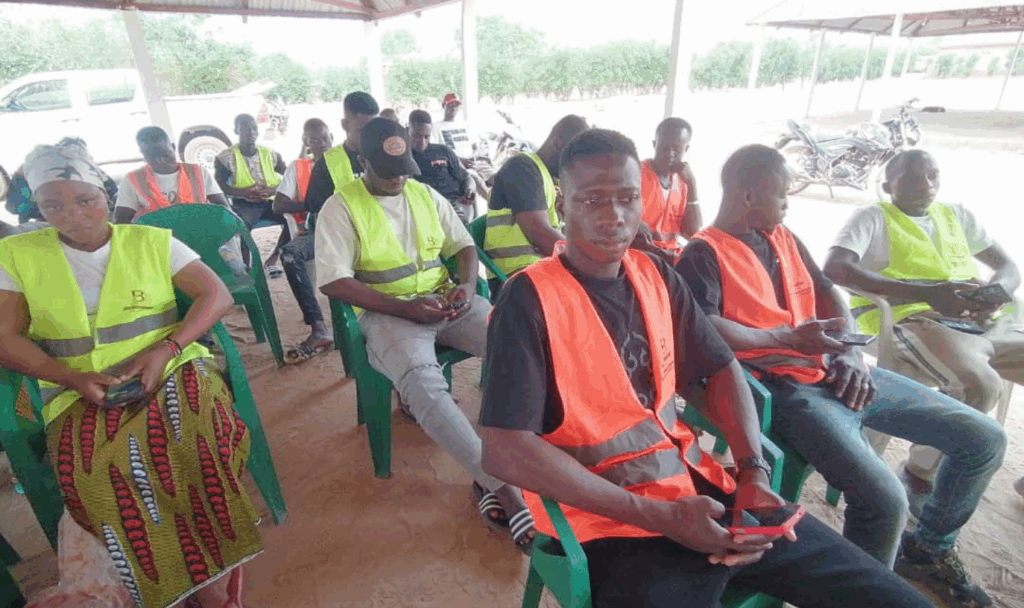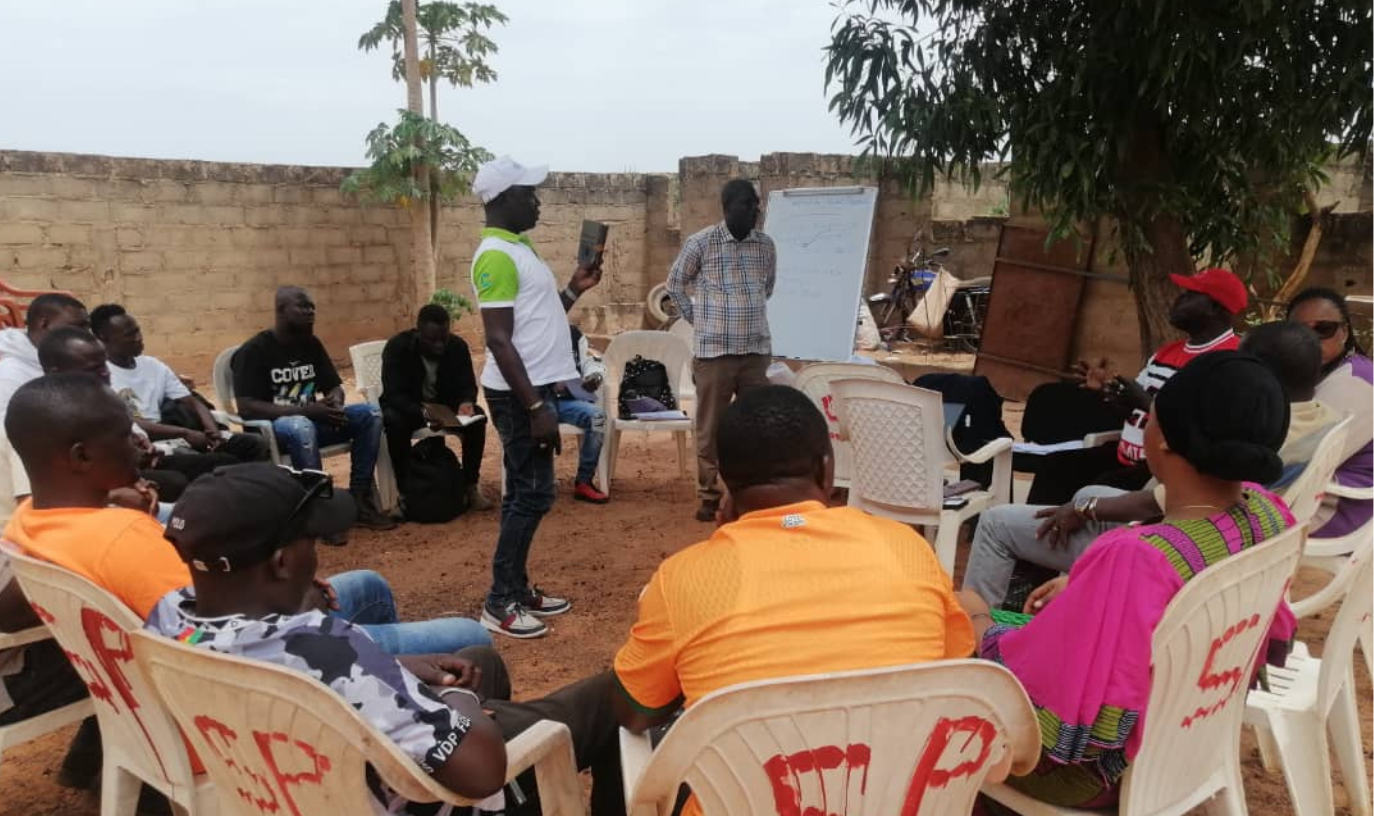The planetGOLD Côte d’Ivoire project team is meeting with artisanal mining cooperatives across the country to build their capacity to support a responsible artisanal gold sector.
The artisanal gold mining sector in the country is currently at an important turning point. Artisanal mining cooperatives are major contributors in moving towards formalization and ensuring the sector’s sustainability. Ensuring these cooperatives are introducing good governance practices is key to their economic viability and their contribution to local development.
The Ivorian legal framework allows applicants for artisanal mining permits to form cooperatives in accordance with the OHADA Uniform Act on Cooperatives. This approach aims to promote a more transparent and inclusive economic model.

In practice, artisanal mining cooperatives today face many challenges structuring themselves effectively. Their training and capacity needs are varied: they must both meet legal obligations and adopt the principles of good governance and responsible trade. At the same time, access to finance is essential to enable artisanal mining actors to equip themselves with mercury-free technologies.
However, to be eligible for this financing, local cooperatives must demonstrate sound governance and rigorous financial management.
A recent assessment by the planetGOLD Côte d’Ivoire project found that many cooperatives and their bylaws aren’t aligned with best practices, including values of democracy, equality, and solidarity. These values ensure successful and inclusive groups, where members are treated as collective owners of the cooperative.
For example, one cooperative the team met with exists as a cooperative in name only. With no members and all management responsibility falling to one person—the president. This cooperative highlights the challenges to ensure groups understand the cooperative model and how they should function, both on paper and in practice.
In March 2024, the planetGOLD team travelled to meet with three artisanal mining cooperatives to better understand their difficulties and identify opportunities to strengthen their governance:
- the ESSOUAN Gold cooperative in Abouakakro (Bonikro sub-prefecture, Djékanou department, Bélier region)
- the Frères de Bidiala Bobosso cooperative (Dabakala department, Hambol region)
- the Wobêh cooperative in Pétonkaha (Kiémou sub-prefecture, Korhogo department, Poro region)
Across all three communities, the planetGOLD Côte d’Ivoire team found the cooperatives and artisanal gold miners eager to improve their practices—not just from a mining perspective, but with regards to their internal governance. The planetGOLD project will support the cooperatives as they revise their bylaws, improve membership management, build governance capacity, as well as formalize.
There is a common understanding that cooperatives need to take steps to become more professional and financially sustainable to unlock financing opportunities. Once cooperatives become eligible for financing, investments can be made to improve mining practices, leading to new markets. Importantly, this support from the planetGOLD Côte d’Ivoire project ensures that not only legal requirements are met, but also that the artisanal gold sector can become a driver for sustainable, economic development across the country.
The planetGOLD Cote d’Ivoire project is supported by the Global Environment Facility (GEF) and led by UN Environment Programme (UNEP). It is executed by IMPACT and the Centre Africaine pour la Santé et l’Environnement (CASE).

